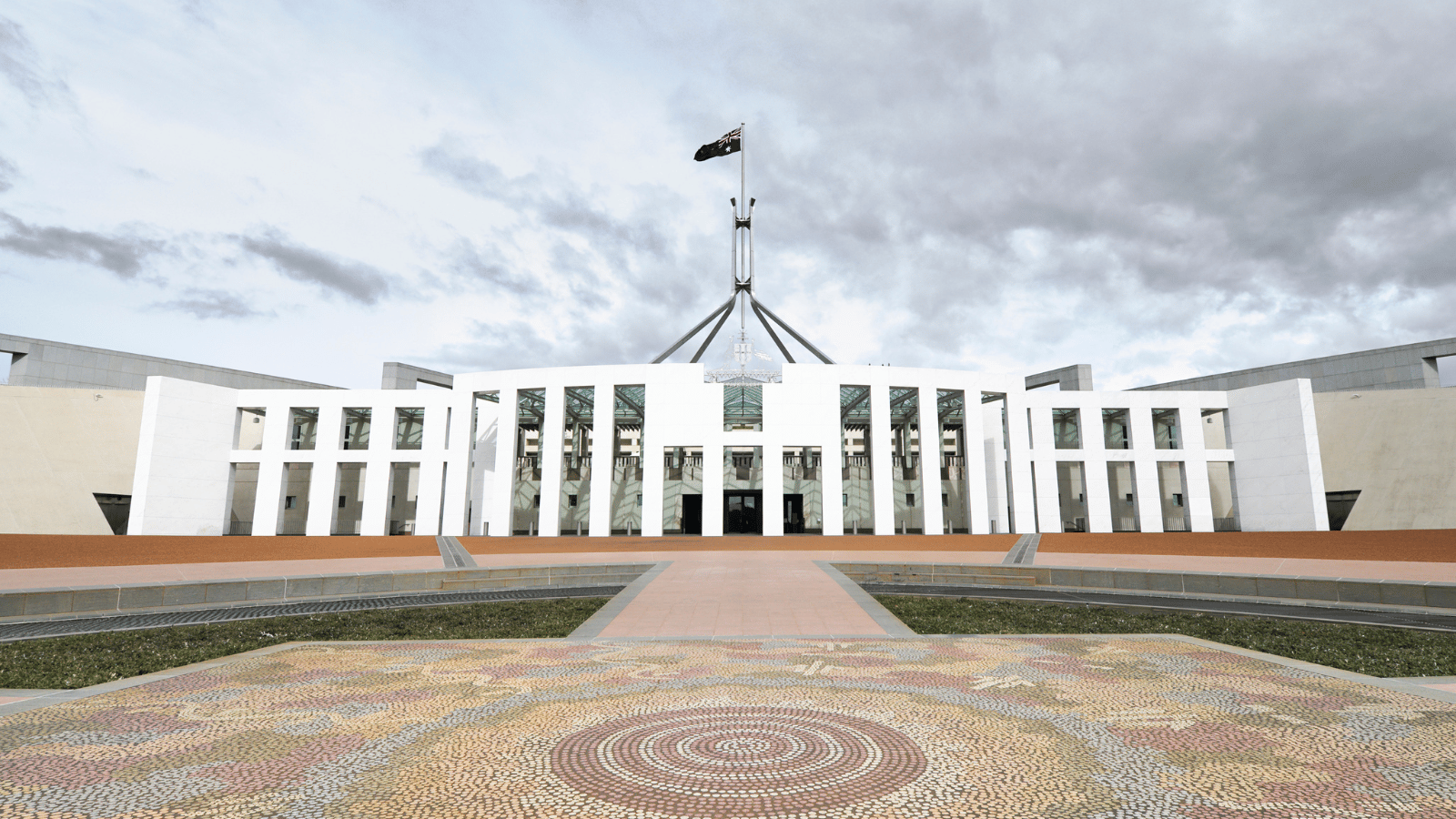The 47th Parliament’s first sitting fortnight has seen action on multiple fronts, against the backdrop of growing economic pressures for both households and businesses.
Legislatively, there was immediate action in Parliament to support Labor’s key policy priority areas, specifically aged care, climate change, family and domestic violence leave, and workforce shortages.
On the parliamentary floor, new members made their first speeches as Labor adjusts to life in government, and similarly the coalition to life in opposition. New Standing Orders on how parliament can conduct itself were also introduced, with the government making changes that it felt were appropriate to meet the needs of a significantly larger crossbench in both houses.
As part of an opening flurry of bills introduced to parliament, the government pushed debates related to its key election promises, including:
- Skills and Labour Shortages: legislation enabling the creation of Jobs and Skills Australia was introduced, establishing a new government authority on the labour market and workforce policy, building on the work of the National Skills Commission. The full remit of the agency in other areas of skills, training and advice will be a part of the upcoming Jobs and Skills Summit, but is also being reviewed by the Senate Education and Employment Committee.
- Climate Change: A bill was introduced, debated and passed to legislate the government’s 43% emissions reduction target central to Labor’s campaign promises, as well as to mandate regular advice from the minister and the Climate Change Authority. This bill drew a significant amount of attention and time from the Lower House, and the government carried amendments from the crossbench into the bill that will now enter the senate.
- Domestic and Family Violence Leave: The government tabled legislation enshrining ten days of paid domestic and family violence leave for up to 12 million Australians. The scheme would entitle any employee subject to family or domestic violence to up to ten days leave, at the rate that would have been paid for the hours worked. The government also outlined its intention to include non-related cohabitants (eg. housemates) as part of the relevant definition for a perpetrator of FDV.
- Aged Care: Bills concerning a response to the 2018-19 Royal Commission, capping home care charges and minimum nursing levels were introduced. The Royal Commission response bill is now awaiting ascent, after passing the senate.
- Social Services: A bill to repeal the cashless debit card, currently being trialled in Far North Queensland and the Kimberley, has passed the house and moved to the Senate Community Affairs committee for review.
A range of procedurally-focused bills were also introduced, concerning electric vehicles, governing processes in the NT and ACT, Veterans’ compensation and the Australian Human Rights Commissioner selection process, among others.
The first week of Parliament also brought Federal Treasurer Jim Chalmers’ address to the house on the state of the national economy. The Treasurer used the address to reset expectations and build the platform from which Labor will legislate.
His comments included a number of changes in forecasting for key economic indicators, reflecting what the government and Treasury sees as Australia’s present economic reality:
- Inflation is expected to peak at 7.75% in December, moving to 5.5% by June of 2023, and back to the 2-3% target band in 2024. Chalmers noted that inflation is “primarily, but not exclusively” global.
- Real GDP growth has been revised down across the three present forecast financial years by 0.5% – now sitting at 3.75% for 21/22, 3% in 22/23 and 2.5% in 23/24.
- Unemployment will stay low – 3.75% in June next year, 4% in June 2024.
- Nominal wages are forecast at 3.75% growth in the 22/23, and 23/24 Financial years.
Alongside these formalities, Question Time also brought about debate on issues outside the government’s constructed agenda, including opposition questioning on Foot-and-Mouth Disease and the government’s actions to dissolve the Australian Building and Construction Commission (ABCC).
Outside of parliament, Prime Minister Albanese travelled to the Garma festival in northeast Arnhem Land to outline the government’s intention to schedule a referendum that would enshrine a First Nations voice to parliament in the constitution. Mr Albanese also outlined the referendum question and the path to referendum. Click here for more detail.
The first sitting period was expected to be big and it did not disappoint: with pomp and ceremony, a new government setting their agenda early, and an opposition taking its time to adjust to its new position, especially difficult given the size of the crossbench. The next sitting period, from the 5th of September, will bring with it further legislative action as committees will report back from this round of bills to enter the senate, alongside a fast-paced period to establish the government’s aims before the 25th October budget.






















